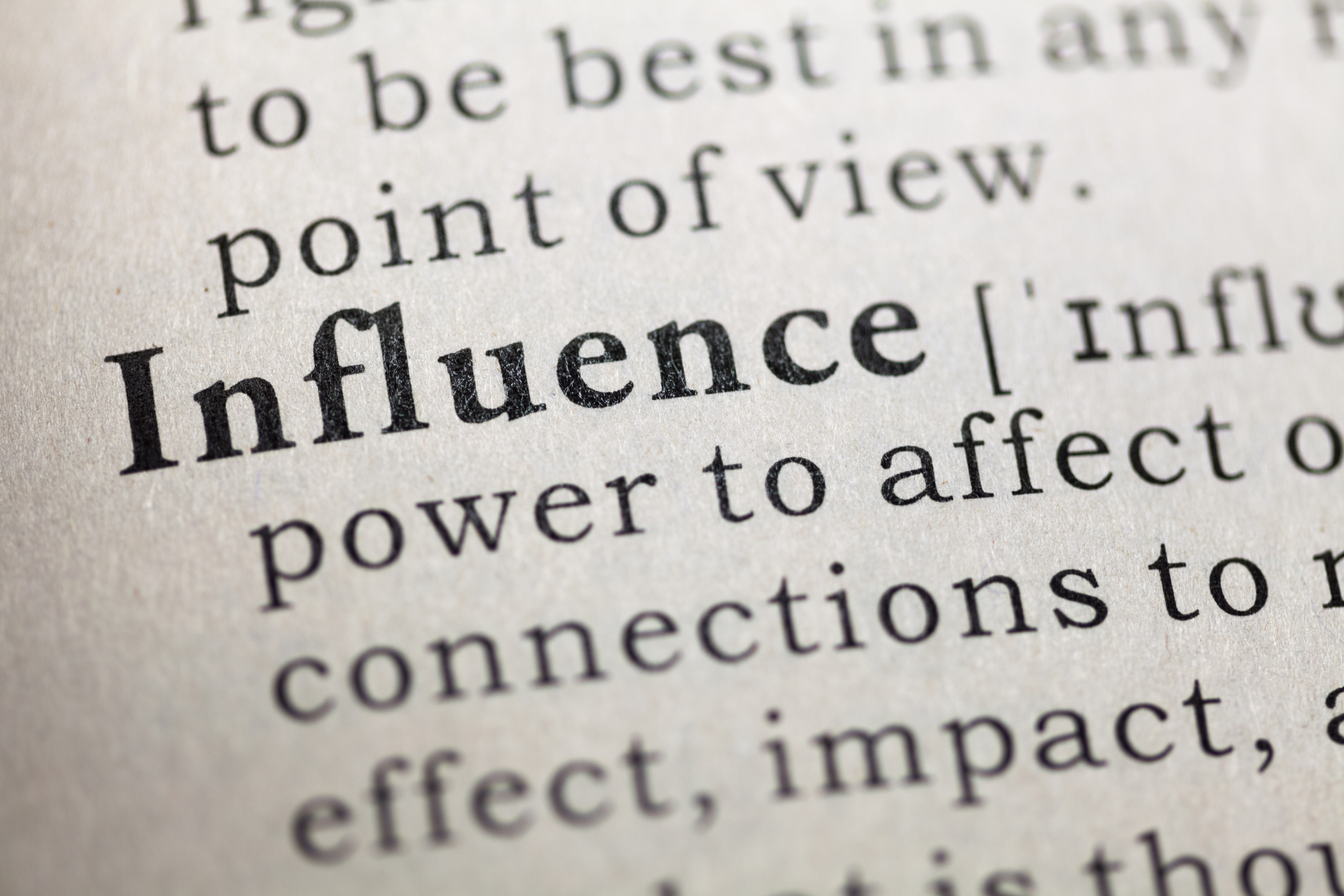Sustainability in Biopharma Manufacturing
Reducing Environmental Impact and Embracing Green Technologies
The pharmaceutical industry stands at a critical crossroads in its environmental journey. As drug production rates continue to rise globally—with the FDA approving 122 New Drug Applications and Biologics License Applications in 2021 alone1—the environmental impact of pharmaceutical manufacturing has come under increasing scrutiny. The industry is now moving into what experts call "ESG 2.0," characterized by a shift from voluntary sustainability initiatives to mandatory compliance with increasingly stringent environmental regulations.1
The Environmental Footprint of Biopharma Manufacturing
The development and production of pharmaceuticals consume significant resources and generate substantial environmental impacts:
- High energy consumption: Pharmaceutical plants are energy-intensive, with some studies revealing that the industry emits more greenhouse gases than the automotive sector.2
- Extensive water usage: Manufacturing processes require substantial water resources, often leading to water scarcity in local communities and potential contamination of water bodies.2
- Hazardous waste generation: Chemical processes produce significant amounts of hazardous solid and liquid waste, including organic solvents and non-biodegradable materials.2
- Resource depletion: The extraction of raw materials for drug production contributes to the depletion of non-renewable resources.
These impacts are not just environmental concerns but also represent business risks in an era of increasing regulation and public awareness.
Key Drivers of Sustainability Transformation
Several forces are driving the industry's shift toward more sustainable practices:
1. Regulatory Evolution
Environmental regulations are becoming more stringent globally:
- The US Inflation Reduction Act includes provisions related to carbon emissions
- The EU's Net-Zero Industry Act establishes strict environmental standards
- Carbon pricing and carbon import tariffs are becoming more common globally1
These regulations increasingly require mandatory reporting rather than voluntary disclosure, particularly regarding Scope 3 emissions generated throughout the supply chain.
2. Stakeholder Expectations
Beyond regulatory compliance, multiple stakeholders are demanding greater sustainability:
- Patients and healthcare providers increasingly prefer products from environmentally responsible companies
- Investors are prioritizing companies with strong ESG performance
- Employees are seeking employers who demonstrate environmental leadership
3. Economic Considerations
While sustainability initiatives often require upfront investment, they frequently lead to long-term cost savings:
- Energy efficiency measures reduce operational expenses
- Water conservation lowers procurement costs
- Waste reduction decreases disposal fees
- Sustainable practices often improve operational efficiency
Innovative Sustainability Strategies in Biopharma
Companies across the pharmaceutical sector are implementing a variety of strategies to reduce their environmental footprint:
Green Chemistry and Manufacturing
Green chemistry focuses on designing processes that minimize or eliminate hazardous substances:
- Using biodegradable solvents instead of toxic chemicals
- Implementing enzymatic synthesis for greener drug manufacturing
- Designing atom-efficient reactions to maximize material utilization3
For example, Merck's green chemistry initiative has reportedly reduced hazardous waste generation by 50%.2 These approaches not only reduce environmental impact but often lead to more efficient production processes.
Energy Transitions
The shift toward renewable energy is accelerating across the industry:
- Installation of solar panels and wind turbines at manufacturing facilities
- Implementation of energy-efficient equipment and processes
- Development of energy management systems to optimize consumption2
Novartis has installed solar panels at its manufacturing plants, reducing its carbon footprint by approximately 20%.2 Such initiatives help companies progress toward ambitious industry-wide targets of reducing emissions by 45.8% over 12 years.
Water Stewardship
Water conservation is becoming increasingly important as many regions face water scarcity:
- Implementation of closed-loop water systems that recycle and reuse water
- Advanced wastewater treatment technologies that ensure safe discharge
- Real-time monitoring systems that identify inefficiencies in water usage2
Pfizer's water recycling programs have reportedly saved millions of liters annually, demonstrating the significant impact of targeted conservation efforts.2
Sustainable Packaging Solutions
Packaging represents a major area for environmental improvement:
- Reduction of single-use plastics in favor of biodegradable alternatives
- Development of recyclable packaging materials
- Implementation of more efficient packaging designs that use fewer resources3
For instance, in collaboration with TemperPack Technologies, Cytiva is eliminating polystyrene from secondary packaging by using plant-based, recyclable cold storage shipping solutions.1
Digital Transformation
Technological innovation is playing a crucial role in sustainability efforts:
- IoT sensors and AI systems that monitor and optimize resource consumption
- Digital twins that simulate and improve manufacturing processes
- Predictive maintenance tools that prevent equipment failures and associated waste
Johnson & Johnson has utilized digital technologies to optimize manufacturing processes, reportedly reducing emissions by 30%.
Overcoming Implementation Challenges
Despite clear benefits, companies face several challenges in implementing sustainability initiatives:
Economic Barriers
- High initial investment costs for technologies like renewable energy systems
- Operational costs associated with implementing new processes
- Competitive market pressures that limit price flexibility
These barriers can be addressed through:
- Government incentives and subsidies
- Public-private partnerships that share costs
- Long-term cost-benefit analysis that demonstrates ROI
Technological Limitations
- Some pharmaceutical processes lack readily available sustainable alternatives
- Waste treatment for certain pharmaceutical by-products remains challenging
- Implementing new technologies may require significant process validation
Industry collaboration and increased R&D investment in sustainable technologies can help overcome these challenges.
Organizational Resistance
- Resistance to change from traditional practices
- Concerns about disrupting validated manufacturing processes
- Perceived conflicts between sustainability and production efficiency
Clear communication about benefits, along with leadership commitment and employee engagement, can help address resistance to change.
The Path Forward: Industry Collaboration
The pharmaceutical industry is increasingly recognizing that sustainability challenges cannot be solved by individual companies alone. Collaborative initiatives are emerging as powerful drivers of change:
- Industry forums like BioPhorum bring together senior leaders to share best practices
- Public-private partnerships develop innovative solutions
- Supply chain collaborations address Scope 3 emissions2
Emmanuel Abate, head of sustainability at Cytiva, emphasizes: "By collaborating with customers and suppliers across our industry ecosystem, we can better understand and manage impacts and partner with like-minded organizations."1
Looking Ahead: The 2030 Vision
The biopharma industry is working toward ambitious sustainability goals by 2030, including:
- Carbon neutrality across manufacturing operations
- Zero-waste facilities with fully circular manufacturing systems
- Smart factories that optimize resource use through digitalization
- Global collaboration to address sustainability challenges collectively
While these goals are ambitious, the industry's progress to date suggests they are achievable with continued commitment and innovation.
Conclusion
Sustainability in biopharma manufacturing is no longer optional—it's an imperative for environmental stewardship, regulatory compliance, and business success. Companies that embrace sustainable practices not only reduce their environmental impact but also position themselves for long-term resilience in a changing regulatory and competitive landscape.
As the industry continues to evolve, sustainability will increasingly become a core component of business strategy rather than a separate initiative. Organizations that lead in this transformation will likely see benefits in terms of cost savings, stakeholder trust, and market differentiation.
For more information on sustainability in the pharmaceutical industry or to discuss how The Pharma:Health Practice can support your talent needs in this evolving landscape, contact us today.
Footnotes
- "Sustainability in biopharma: The challenges of ESG 2.0," Pharmaceutical 1. Technology, November 14, 2023. ↩ ↩2 ↩3 ↩4 ↩5
- "Transforming Pharmaceutical Manufacturing: The Role and Impact of Sustainability," Pharma Guidelines, December 17, 2024. ↩ ↩2 ↩3 ↩4 ↩5 ↩6 ↩7 ↩8 ↩9
- "Greening the Pill: Pharmaceutical Companies Embrace Environmental Sustainability," Pharma Focus Europe, 2023. ↩ ↩2











